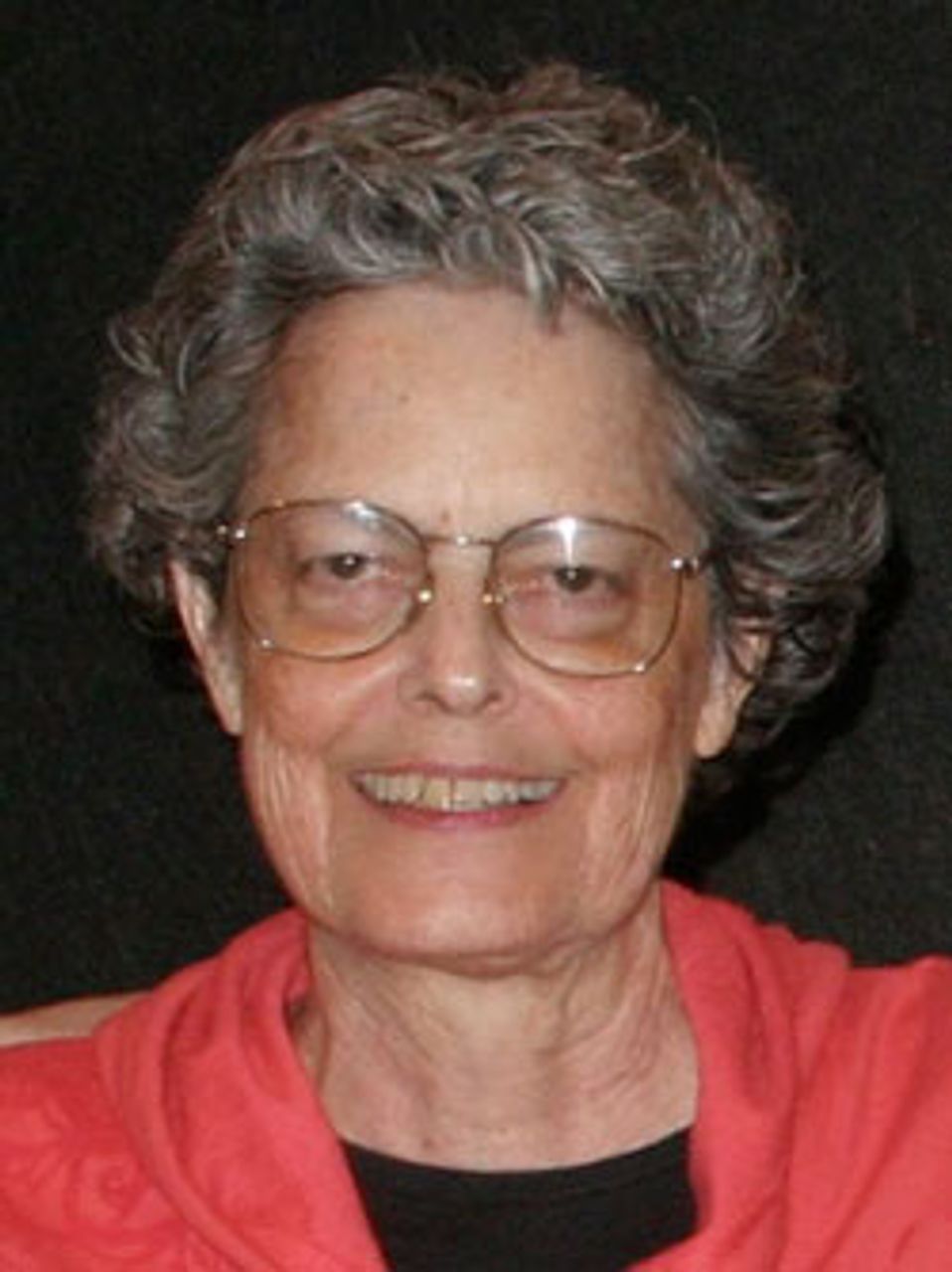 Ruth Keedy Benjamin
Ruth Keedy BenjaminRuth Keedy Benjamin, a lifelong member of the American Trotskyist movement, died on June 29 in San Antonio, Texas at the age of 65. She succumbed to a rapidly advancing case of pancreatic cancer. Ruth’s husband, Eddie Benjamin, who was also a veteran Trotskyist died in 2008. She is survived by her two daughters, Sade and Larissa.
On Saturday, a memorial tribute to her life was held in Farmington Hills, Michigan. It was attended by about 100 friends, colleagues and comrades. Many spoke movingly about her passion for politics, her socialist ideals and her intense devotion to her family and friends.
Ruth was born in White Plains, New York, but grew up in San Antonio. She attended Alamo Heights High School and then went on to Wellesley College in Massachusetts. She came of age politically during the period of enormous social and political struggles of the late 1960s—a time of revolutionary upheaval from France to Eastern Europe to the Middle East. In the United States, the massive antiwar movement followed the civil rights struggles of the early and mid-1960s, as well as the ghetto rebellions. These years also saw a growing militancy in the working class and major strike struggles involving millions of workers.
Upon her graduation from college, Ruth’s family provided her with the means to travel and see much of the world. She set off for Europe and Asia, but ran out of money in Africa. Settling in Uganda, she took a job teaching English to schoolchildren. The job also involved administering malaria medication. Deeply moved by the sacrifices of families and students, some of whom walked many miles for the chance to obtain an education, Ruth’s outlook on life changed fundamentally. She continued her travels to Latin America before returning to the United States, having become imbued with a spirit of internationalism and concern for those devastated by poverty and oppression that remained with her for the rest of her life.
Back in the US, Ruth looked up an old Texas friend who was then living in New Haven, Connecticut. Through him she was introduced to the ideas of Marxism and the program of the Workers League, the forerunner of the Socialist Equality Party. Ruth began to study the history of the Trotskyist movement and appreciate the differences between it and the petty-bourgeois radical milieu and New Left organizations that dominated the anti-Vietnam protests of the time.
Ruth was convinced above all of the necessity of basing the fight against war and all the social ills produced by capitalism on the working class. She read about the struggle led by Leon Trotsky against the nationalist degeneration of the Russian Revolution, the founding of the Fourth International, and the battle in the 1950s against Pabloism, which rejected the fight to build revolutionary parties based on the working class in opposition to Stalinism, reformism and the trade union bureaucracy.
The New Haven branch of the Workers League, which Ruth joined at this time, was engaged not only in the struggle amongst students and young people active in the antiwar movement, but also among industrial workers in Hartford and Bridgeport. Ruth stood out for her energy and determination in selling subscriptions to the party’s newspaper, the Bulletin, which became well known among the militant and more politically aware workers during this period.
Later, working in New York City in the mid-1970s, Ruth was active in the campaign to free Gary Tyler, a 15-year-old black student from Destrehan, Louisiana who was framed up for murder at the scene of an anti-school-busing demonstration organized by the White Citizens Council. The Workers League played a pivotal role in winning support for Tyler, who faced the death penalty. The campaign won wide support from workers and young people throughout the country, stressing that Tyler’s case was not only an example of “Southern justice,” but also an attack on the democratic rights of the whole working class. The struggle brought Tyler’s case to the attention of tens of thousands of workers and youth, but he remains behind bars and the fight for his vindication and freedom continues today.
Ruth subsequently moved from New York to Michigan, where she ran as the Workers League’s candidate for lieutenant governor in the 1982 elections. The party’s campaign took place in the midst of a wave of union-busting spearheaded by the Reagan Administration’s smashing of the 1981 PATCO air traffic controllers’ strike. In the struggle against union-busting and the shredding of the social safety net, the Workers League intensified its fight for workers to break with the Democratic Party and the capitalist two-party system and for the independent political mobilization of the working class.
Despite growing health problems in recent years, Ruth remained committed to the building of a socialist movement. She participated in the Founding Congress of the Socialist Equality Party in 2008 and remained active in her branch in Detroit, where she was active in the Committee Against Utility Shutoffs (CAUS). She fought to explain to workers the connection between their daily struggles and the fight for a socialist program.
Ruth’s life was dedicated to the conception that only through the struggle for socialist consciousness in the working class and the building of revolutionary leadership could the working class liberate itself, put an end to capitalism and its horrors, and achieve socialism. It was to this end that she devoted her life. She will be missed by her many comrades, friends and family members.
